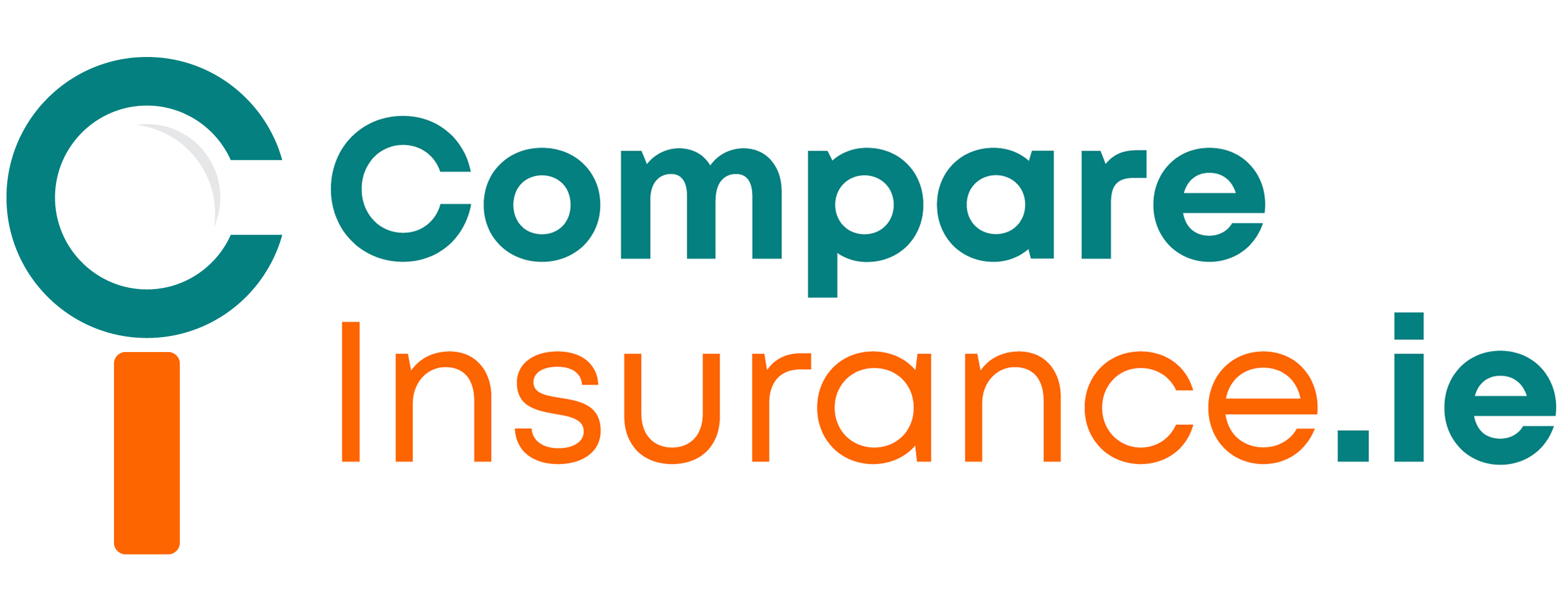What do you know about income protection insurance providers? If you don’t know a lot, then you might not have the best cover. Every company will tell you their policy will work for you. How do you know which one is best?
Knowing how to compare providers is key to getting the best deal.
Getting the best deal
You don’t think about protecting your income when in full health. Only when unable to work do you realise how much you need income protection insurance. Having the best deal from the best provider will give you a regular income.
There are many providers in the Irish market. They are regulated by the Central Bank and offer a quality service to clients. Income protection insurance companies provide a range of policies. Some may suit your needs; others may be all wrong.
Knowing how to compare income protection providers is vital.
Which Income Protection Providers do we Compare?
Our partners provide preferential rates, so you’ll always get the best deal.




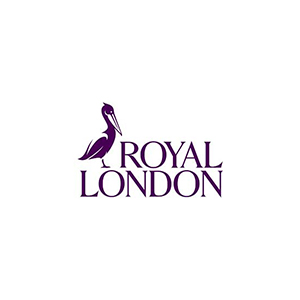
What is income protection insurance?
Income protection insurance provides an income for when you are unable to work. You never know what is around the corner but having an income always makes life easier. Being unable to earn an income is a serious problem. You need to protect it.
Not everyone is aware of or knows enough about income protection. The assumption is that all is fine and always will be. Unfortunately, in life nothing is certain.
It may only be short-term income protection, or it could be for all your working life. Whatever your needs, you should be fully covered.
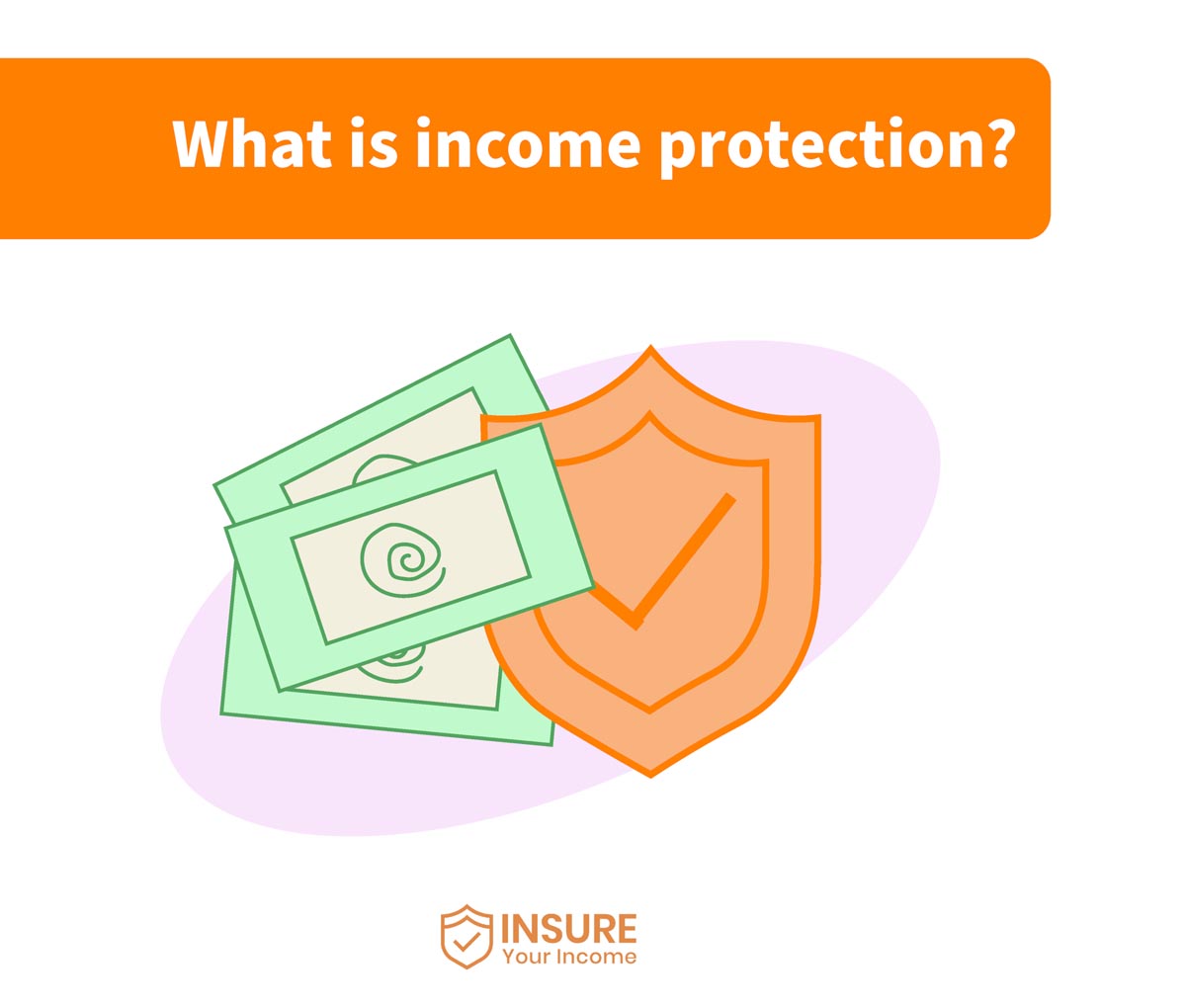
How to compare income protection policies
First ensure you will get what you need from an income protection policy. There is no point in assuming all is fine. Submitting a claim when the time comes, only to find a problem or two, can be very serious.
Let’s take a look at what to compare.
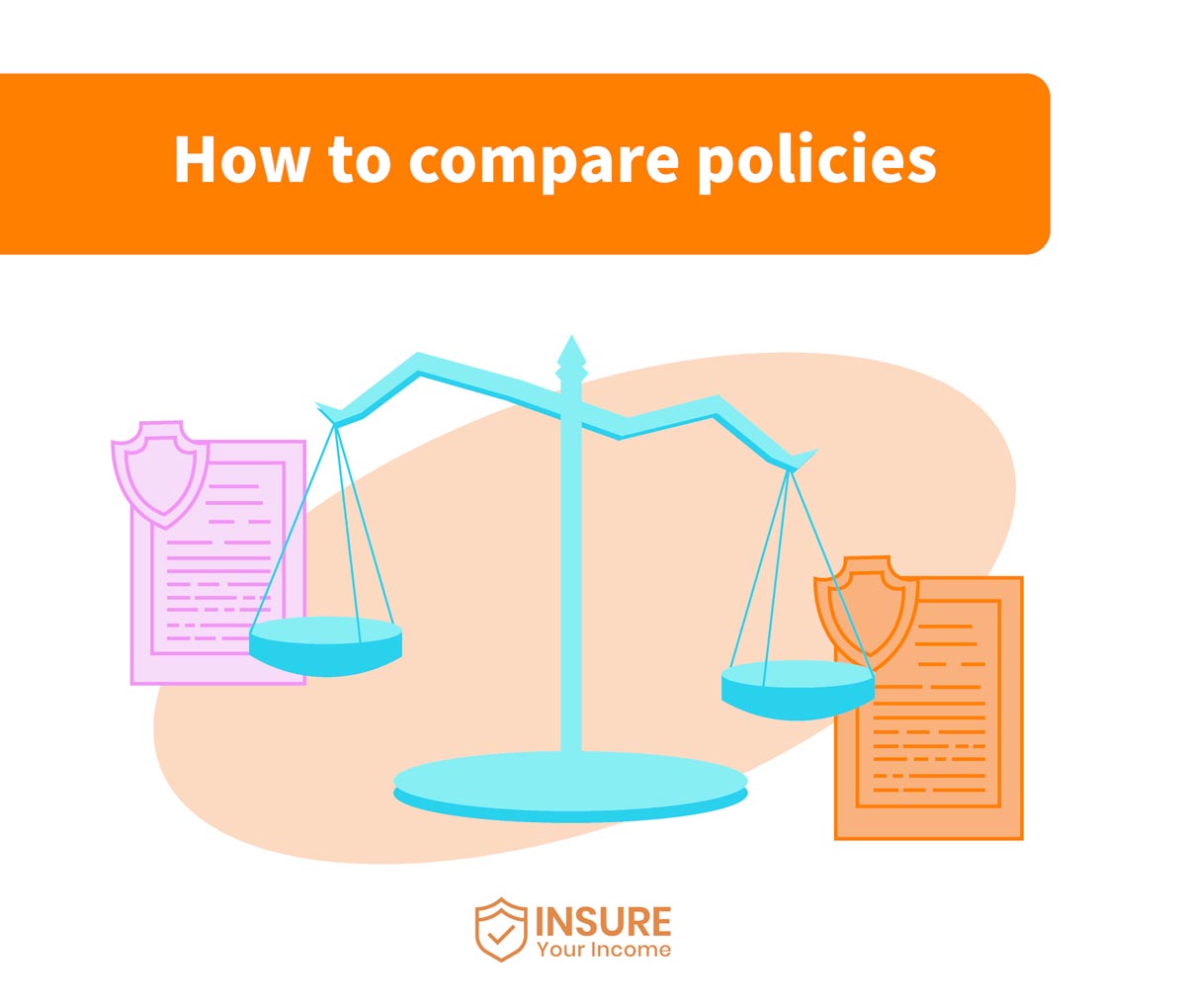
How much monthly income will you get?
An important consideration. You need an income that will cover your outgoings and let you live a bit. Do not skimp on what you think you will need and hope for the best. The right policy may cost more in monthly premiums, but it will be worth it.
Remember, you may need income protection for many months or years.
What are the deferred period times?
Every income protection policy will have a deferred period clause. It means you will have to wait a set period before you can claim on the policy. A deferred period can be of four, eight or 20 weeks. Some policies offer periods of 52 weeks and more.
See which deferred period would suit you. How long can you survive without financial support before you need to claim? Will your sick pay arrangements get you to four or eight weeks?
Does your deferred period time cost more money?
An essential question to ask. When comparing income protection insurance policies, see what the charges are for your chosen deferred period. All companies will charge a higher premium for four weeks, but some will charge more than others.
Comparing these costs can help you make up your mind.
How about health conditions?
Not everyone considers this question. The assumption is that one income protection policy is the same as the next one. Not so, is the quick answer here.
Policies differ in what they offer and the health conditions they allow.
Are pre-existing conditions included?
An income protection policy may not pay out for a pre-existing condition. Not great when your bad back comes back to haunt you. If you have a pre-existing condition that flares up from time to time, then you will need cover.
Do not forget to declare it on the application form.
Does the policy cover mental illness?
Is mental illness on the list? Mental illness can strike at any time, and often the stress of work makes it worse. Enduring depression and post-natal depression will stop you from working.
Make sure you are covered for mental illness.
How about serious illness cover?
Yes, every policy will cover serious illness, but what do they mean by it? Is there a list of illness types allowed under the policy? Long-term illness can be very debilitating and have you unable to work.
Income protection insurance is regulated by the Central Bank but still check the cover for all possibilities
Does the policy payout when you go beyond retirement age?
Not a clause everyone considers when comparing policies. If you wish to keep working beyond 66, will your policy keep you covered?
The self-employed often keep working well beyond expected retirement age. Finding out that your policy stopped when you turned 66 is not good when you fall ill at 68.
Are you self employed?
Self employed people are very vulnerable to slipping through the cracks. When all is good money is flowing in, and work is plentiful. You may think all will be rosy forever.
Unfortunately, all it takes is one slip when going upstairs to bring it all crashing down. A broken ankle could have you unable to work for months.
Times like this are when a self employed person needs their income. Their salary or weekly earnings are gone, and they cannot turn to the State for help. Sick pay is not an option.
A replacement income is essential.
Having income protection insurance is very, very important for the self employed. Comparing how policies differ for the sector may help make up your mind.
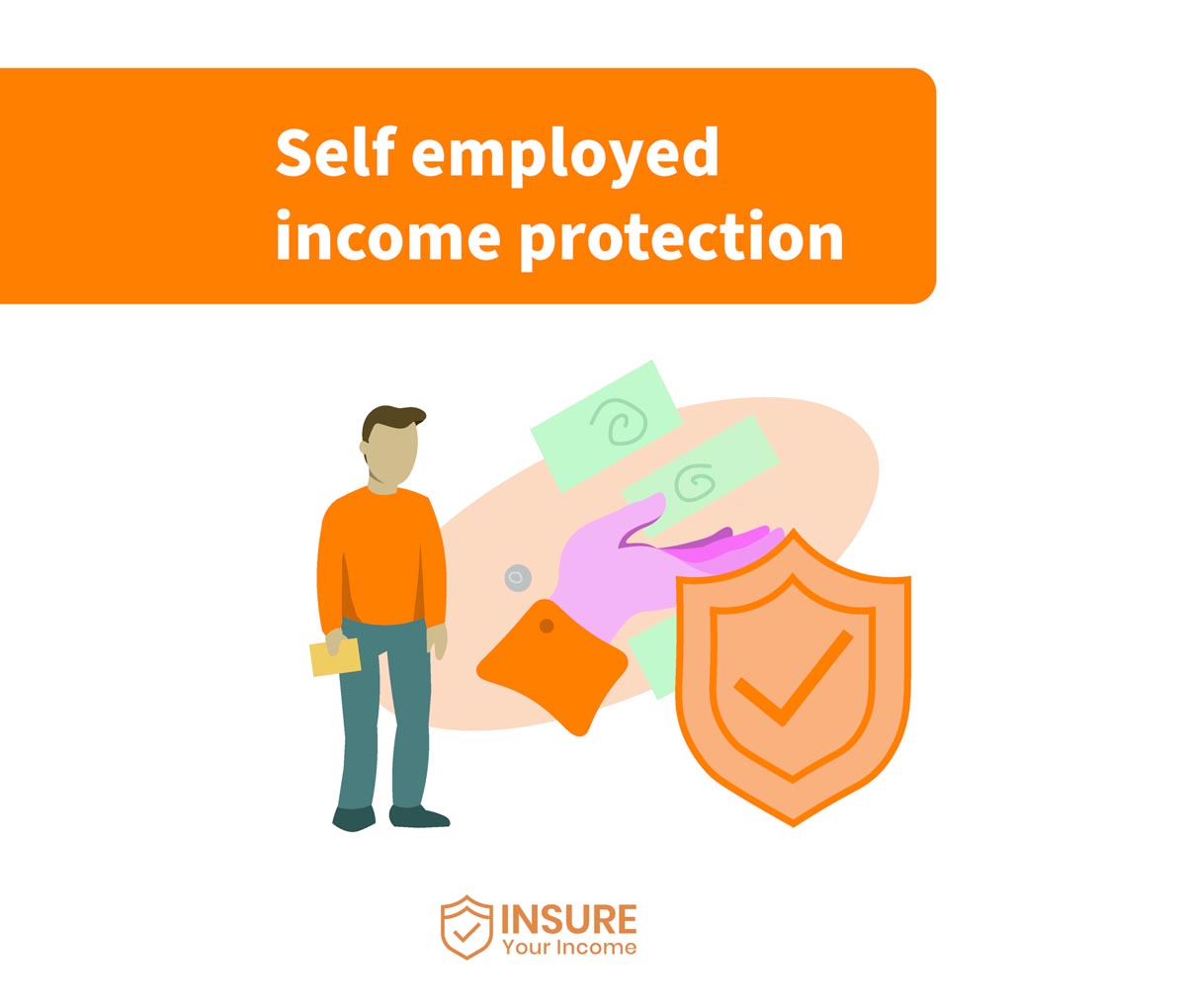
What are the monthly premiums?
For many people, the monthly premium is the bottom line for comparing types of income protection. They want something they can afford, and the cheapest is normally the best option.
The cheapest insurance policy is only the best if it covers all your needs. Remember you may need the income protection cover as soon as possible and for many months.
Looking for value
The time to find out you made the wrong decision is not when your claim payments start to arrive. If you pay a monthly premium, then you will want the best cover, but you may need to pay a bit more for it.
Value in the what the policy costs is as important as trying to save money on monthly outgoings.
Tax relief on income protection cover
Your income protection cover qualifies for tax relief. A nice little bonus when considering providers.
The more you pay in premiums, the more tax relief you will see in your pay.
The differences may not be substantial, but better to have money in your pocket than in the tax coffers. Any extra saved can go towards loan repayments or maybe the car insurance.
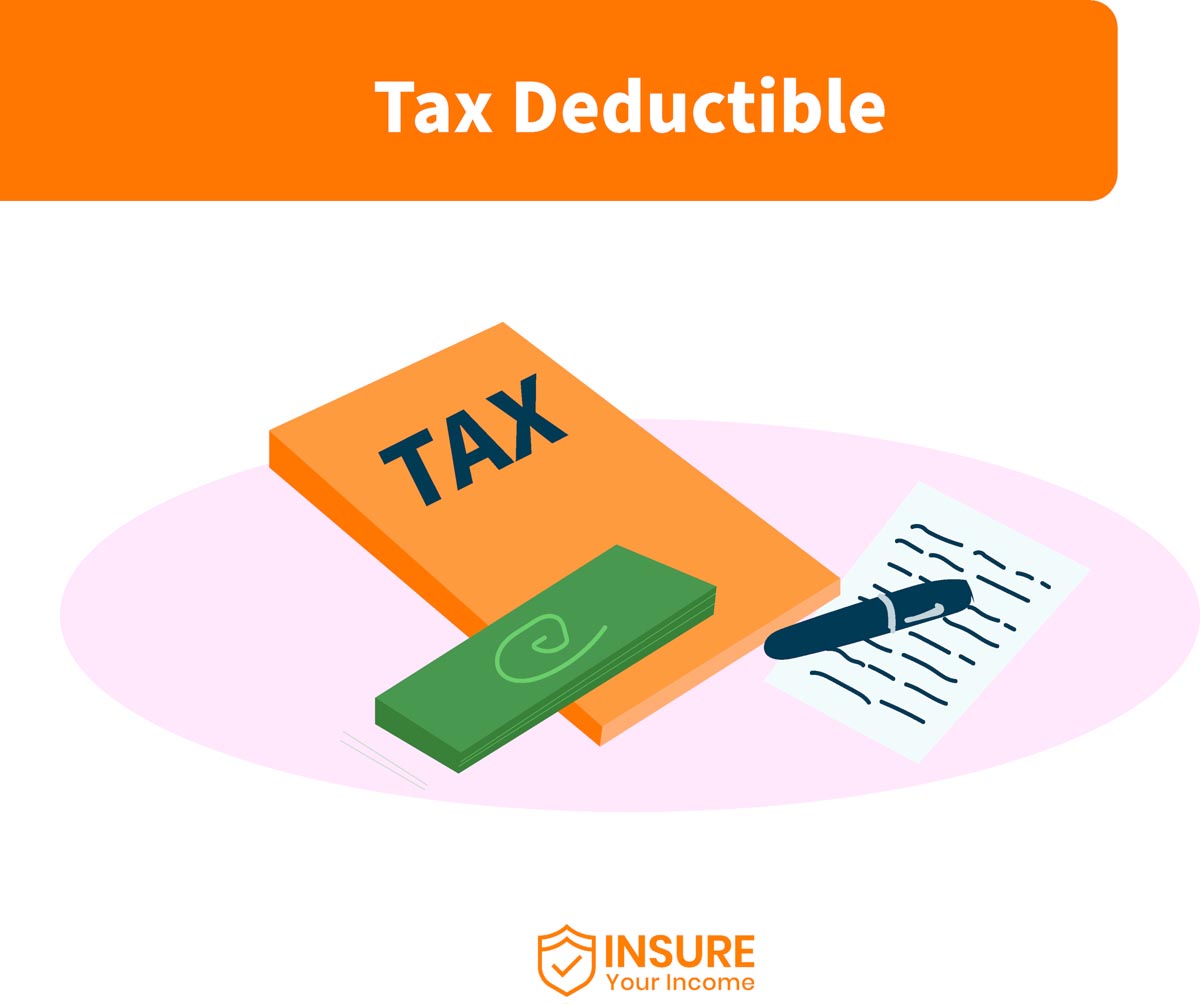
What is the claims process like?
Again, not everyone’s first question but yet your monthly income may depend on it in the future.
You hear all the time of people having a nightmare trying to deal with their insurance company. Small things like a friendly voice at the end of the line, often make a big difference.
Look at how you claim
A quick look at the income protection policy should help. Does the company outline the claims process in plain English? Have they got a local call centre? Can you make your claim online or do you have to make the claim in person?
Answers to questions like this help you choose the best personal income protection. Even a quick look online may give you an idea who to trust and who to avoid.
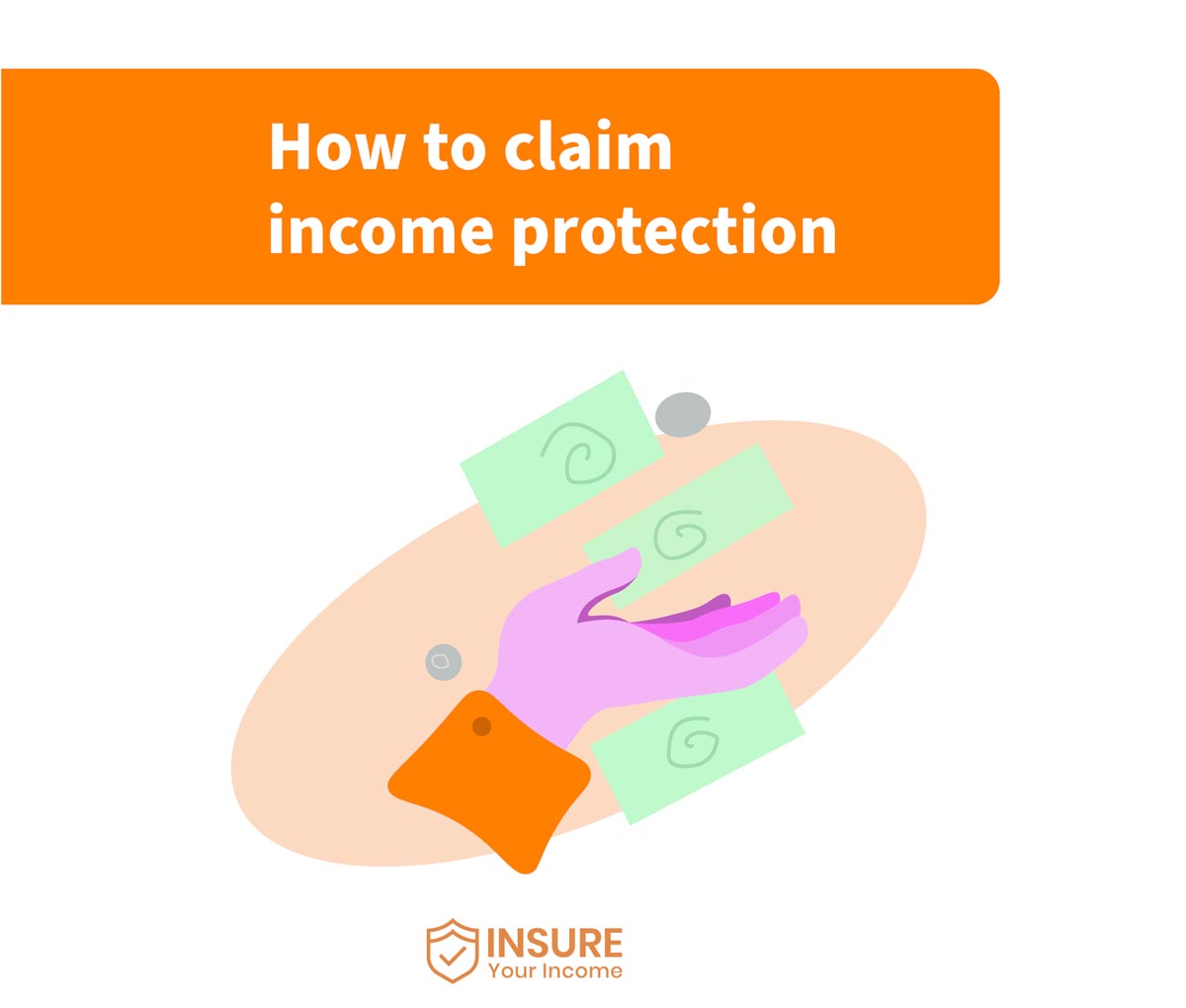
What are the good income protection signs?
When researching payment protection insurance options, just what are the good things to look for in a company? Many insurance providers appear the same, but what are the benefits to you?
Income protection claims are full of potential pitfalls. You do not want to fall into one. When you get a quote, have a look behind the scenes. Make sure all types of income protection are covered for your sector and salary.
Are salary increases covered?
A quick question is, does the income protection policy cover salary increases? If your monthly income increases, so will your spending.
Making sure your income protection increases in line with your salary is vital.
How about the not so good income protection stories?
With the good comes the bad. It does not matter if it is a world-renowned company, or the business in town; they can all make your life miserable.
When your sick pay ends or state benefit does not cover your salary, you will need the income protection immediately.
Horror stories to consider
Horror stories include not paying out after the deferred period. It can happen. Not being able to contact the insurance company is another one.
Finding out critical illness cover does not include cancer is, well, terrible.
Call the company
Many companies say their income protection claims department is quick and efficient. Sometimes this is blatantly false and can really affect your long-term income protection.
A quick call to the claims line should give you a good idea. Being on hold for a long time is not a great sign.
Income protection quotes and you
Ask around for the best income protection insurance. Knowing how to deal with companies and the questions to ask is a good start.
Don’t waste time looking at what will not suit your needs. Find the best for you. Your income protection plan must match your needs.
Check the policy, a few times
All income protection quotes reflect what is in the policy. When comparing income protection insurance options, check all the options in the paperwork
See that the income protection pays what you need, when you need it.
Get a few quotes
Getting more than one income protection quote is always quality advice. If there is a local office, give them a call.
Online providers will have many options. Read what they offer but consider all the options before making up your mind.
Contact Us
At Insure Your Income, we know comparing policies is not easy work. We spend our time researching and questioning what is available in income protection insurance.
Our job is to make sure that customers get the best advice when they need it. Knowing that you can rely on our information and help, is vital to us.
Contact us when comparing income protection providers. You won’t regret it.




